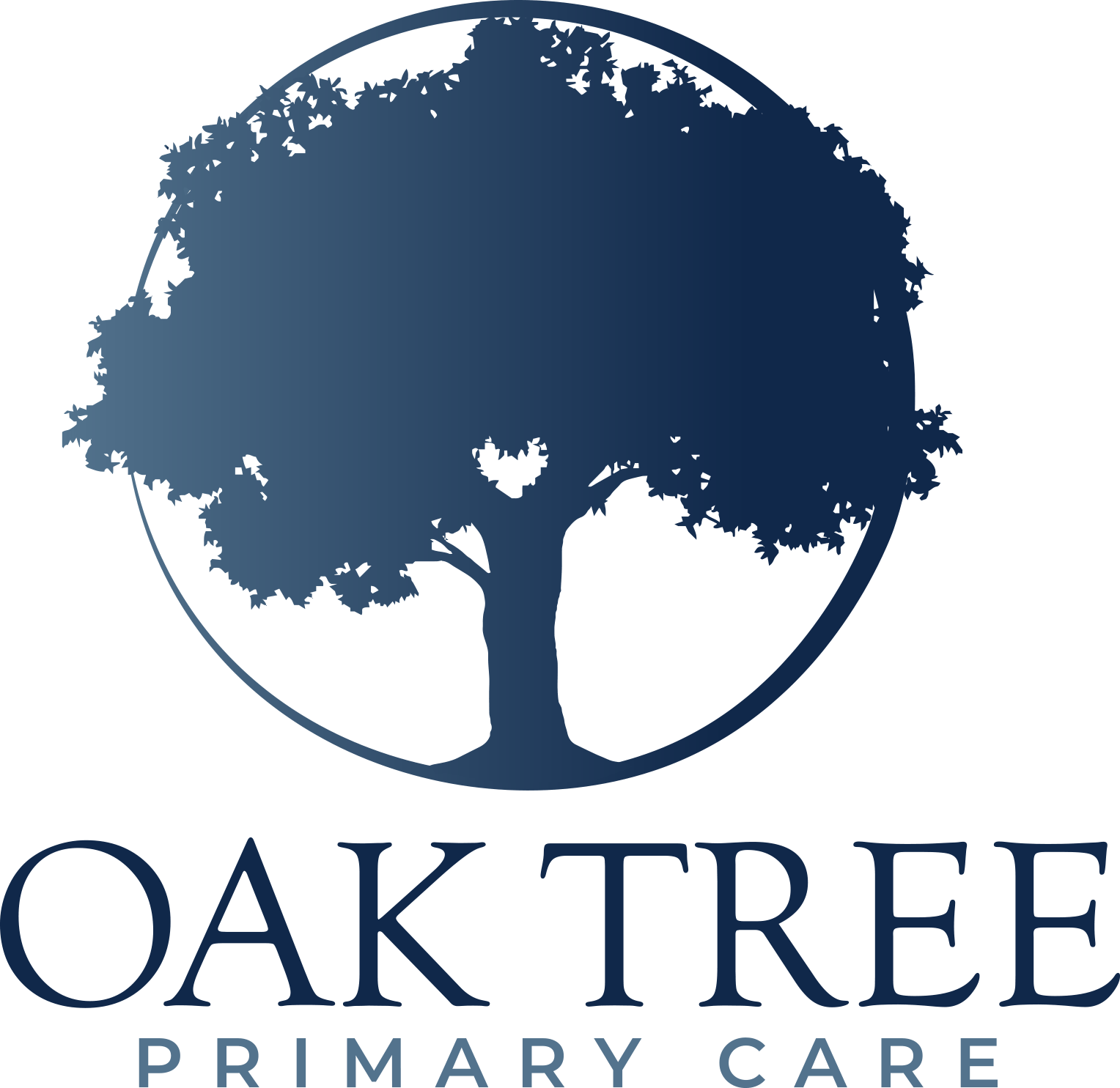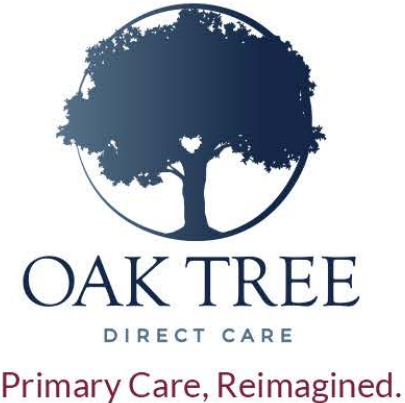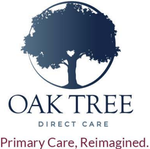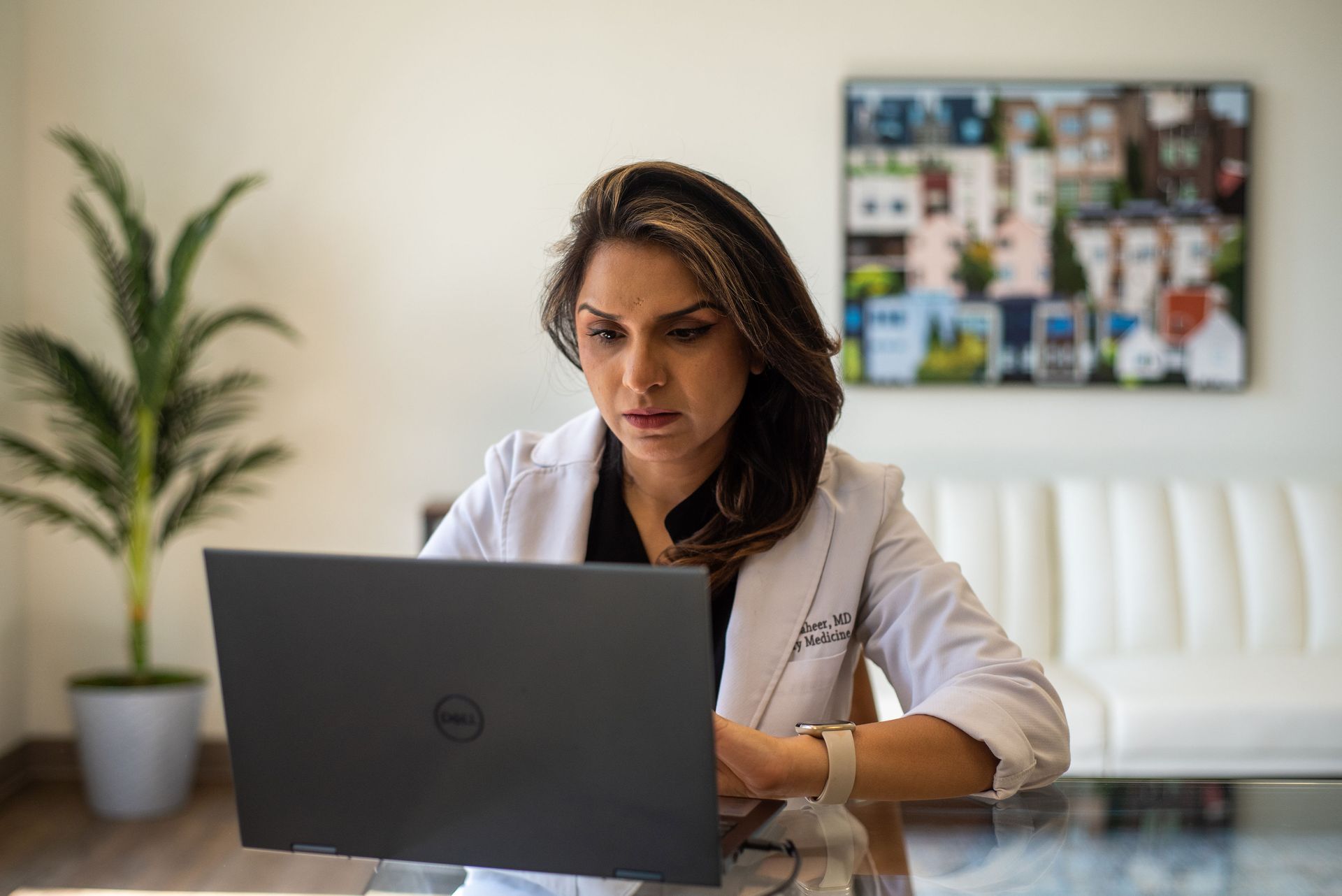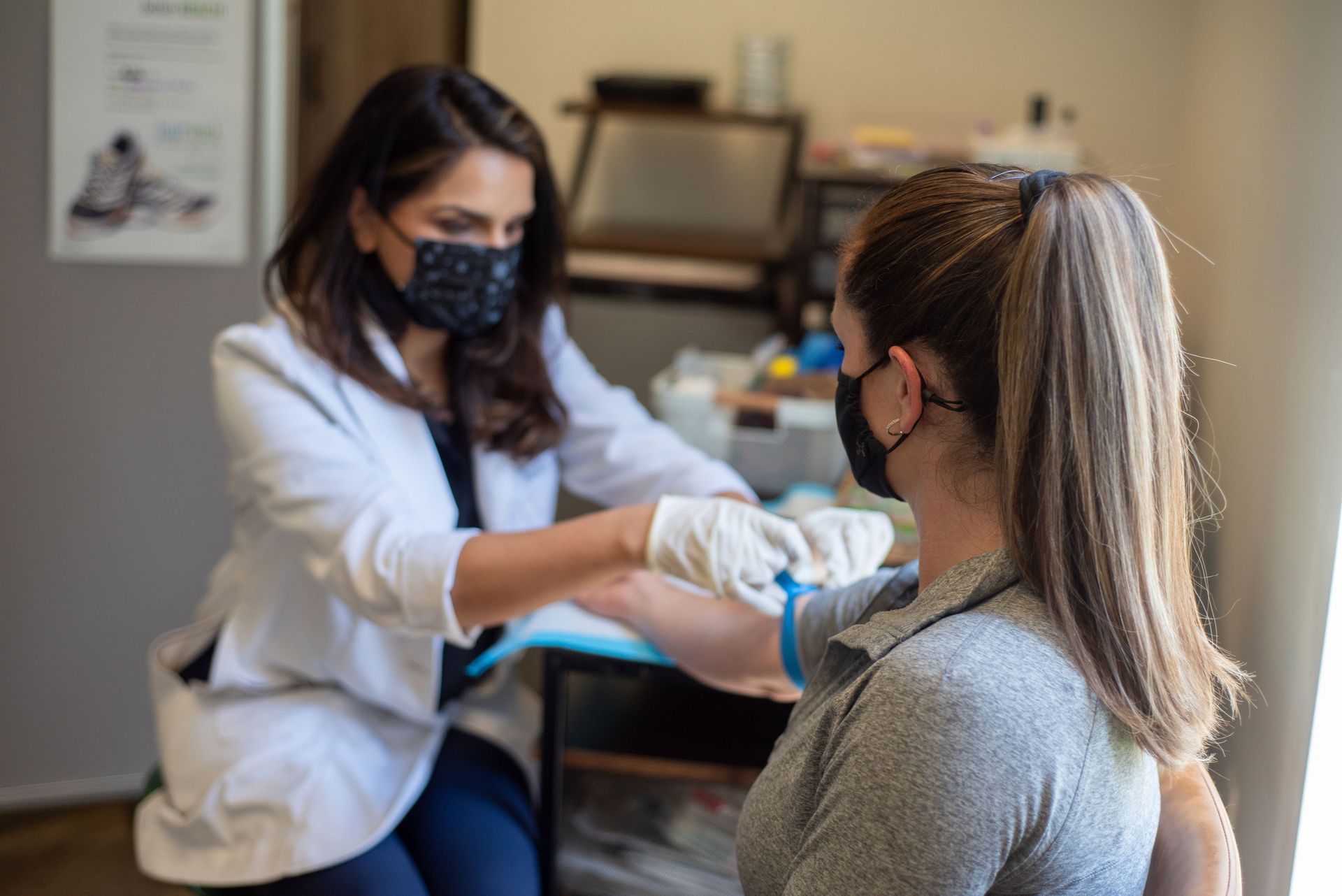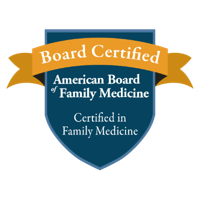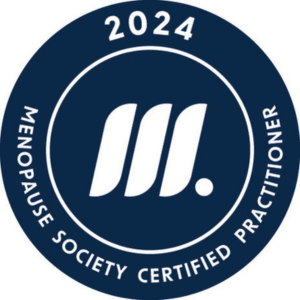Subscription-based. Direct Access. Preventative Care
It's simple. The way healthcare should be.
Meet
Dr. Zaheer
Dr. Sarah Zaheer is Board-Certified in Family Medicine and Lifestyle Medicine and is a Menopause Society Certified Practitioner. Her diverse experience spans various healthcare settings, including urgent care centers, free clinics, academic institutions, federally qualified health centers, and corporate clinics. She has been featured in National Geographic and quoted on NPR for her expertise.
Dr. Zaheer is deeply committed to addressing healthcare inequities and social injustice and is conscious to do her part. She integrates rest and recreation into her busy schedule as a physician mom and can often be found on the various walking trails in Howard County. She also hosts a "Walk with a Doc" at Centennial Park, the first Saturday of every month.
Born and raised in Pakistan, Dr. Zaheer attended Shifa College of Medicine in Islamabad. During medical school, she completed an away rotation at Emory in Atlanta, GA, where she developed an appreciation of the American healthcare system. Although she spent that time in the hospital setting rotating through multiple specialty teams, what stood out the most to her was the critical role outpatient primary care doctors played. It became apparent that a strong longitudinal doctor-patient relationship lays the foundation for improved health outcomes, which solidified her decision to become a Family Doctor.
Dr. Zaheer completed her Family Medicine residency at the University of Oklahoma in Oklahoma City. She then practiced medicine in Texas for several years before relocating to Maryland in 2018 to be closer to her immediate and extended family.
“There was a point in late 2019, when I realized that despite all the amazing innovations In medicine, the healthcare experience itself had not caught up with the times.”
On a daily basis, the convenience afforded by mobile technology enables us to seamlessly manage various aspects of our lives. As a busy working mom, I can effortlessly order food, groceries, access same-day delivery, enjoy unlimited entertainment, handle banking, taxes, and even hire services such as a plumber—all at my fingertips. However, the process of seeking medical attention proved to be a time-consuming ordeal, incongruent with the efficiency offered by other daily tasks.
Simultaneously, I became acutely aware of the inefficiencies within the healthcare system. Patients wait hours in the lobby to see their primary care doctor for a short rushed visit. Getting in touch with their doctors outside of those office visits is challenging, not to mention being able to get an appointment in a timely manner.
As I ran from exam room to exam room, despite my best efforts, I found it challenging to provide comprehensive, root-cause-focused care within the imposed time constraints. As Family Physicians, we are well trained to address a wide range of medical problems and get to the root causes for patient's ailments. The way system is currently run primary care doctors often are forced to prescribe excessively as patients bounce from specialist to specialist and are relying on their own late night internet searches to unsuccessfully connect the dots. I wanted to show up for my patients but the 15 minute appointment slots can not possibly fit all that needed to be done. The current fee-for-service insurance re-imbursement driven system would not allow me as a primary care doctor to connect with patients in a way that valued their time, their resources, my time and expertise, addressed all their needs and just made sense.
It was a painful realization that, despite my altruistic intentions, I was contending with a system not inherently designed to strengthen the doctor-patient relationship—the cornerstone of primary care. The pandemic further underscored the system's vulnerabilities, as healthcare providers scrambled to adapt while still being bound by insurance reimbursement dynamics. This profit-centric mindset often conflicts with our mission as healers. The resulting moral injury is a huge reason why the healthcare force is burned out.
Luckily, around the same time I was reminded of primary care doctors who are working at the grassroots level to bring about change. Switching from fee-for-service to a flat monthly rate, helps counter some of the ethical and financial dilemmas of modern medicine. Contracting directly with patients puts the focus back to patient-centered care in a way that is impossible in a fee-for-service system. When you take away all middle man and make it just the patient and doctor, medicine becomes a lot more efficient and affordable.
The Direct Primary Care model is not just a healthcare delivery model, it is a revolution to reclaim Primary Care. It is the old school doctor-patient relationship, combined with modern technology and medicine resulting in a significantly better patient experience. As a physician, I have never been more satisfied with my career as I am finally able to take a collaborative approach to solve problems and improve health outcomes. We know, that the healthcare system I fell in love with as a medical student, is broken. I can't fix it all, but this is me- doing my part.
